Renowned for its facilities, locations and film-making skill, New Zealand is a major international draw. And its inward investment success is benefiting local production. Sandy George reports
Compact and picturesque, New Zealand has been renowned for Hollywood-standard skills since Peter Jackson’s The Lord Of The Rings trilogy. Just ask James Cameron, who has bought land in the country and will reportedly make parts of his Avatar sequels there. Indeed, ask any number of the film-makers who have discovered the quality available in the territory: from local director Andrew Adamson, who returned home to direct Mr Pip and Cirque Du Soleil: Worlds Away after making the first two films in the Shrek and Narnia franchises; to producer Robert Tapert, currently shooting a remake of The Evil Dead in the territory; to UK director Peter Webber, who made war drama Emperor there. A Toronto gala selection this year, the film is set in Tokyo in 1945 but shot almost entirely in New Zealand.
“We had a fabulous experience,” says Emperor’s producer, Gary Foster. “We secured a first-rate crew. The government organisations supported our efforts and helped us when needed. We found most of the materials we required in the country, even some US military vehicles, though we did import some Japanese materials for authenticity purposes.”
New Zealand’s Large Budget Screen Production Grant and the favourable exchange rate helped to attract the film, as did New Zealand’s landscape, fine craftspeople and a building in Wellington that could double as US General Douglas MacArthur’s Tokyo headquarters.
Positive year
According to Statistics New Zealand, the film business is booming. Revenue from 35 local and international features was about $575m (nz$700m) in 2011, the highest for at least four years. Across film and TV, revenue was $2.5bn (nz$3bn), of which $318m (nz$387m) came from North America, a 30% increase on 2010. Half of that was investment in production and the rest was split evenly between the provision of post and production services, and sales and royalties.
“We had a very positive year,” says Film New Zealand chief executive Gisella Carr. “The Hobbit was on an Olympic scale and the decision to make it a trilogy means more filming.”
While locations can be a draw, skills and costs are major factors. A 15% production or post grant is available providing New Zealand expenditure reaches $12.3m (nz$15m) and $2.5m (nz$3m) respectively - some bundling is permitted. If expenditure tops $165m (nz$200m), a further $8m (nz$9.75m) is on offer.
“It is never going to be easy to attract productions to Australia and New Zealand, but I wouldn’t say it’s a struggle either,” says Cameron Harland, chief executive of Park Road Post (PRP).
‘Films have to cost less to compete internationally’
Graeme Mason, New Zealand Film Commission
The company, and associated outfits WETA Digital and WETA Workshop, all of which are at least partly owned by Peter Jackson, are irresistible to some US producers. Broadly speaking, Harland says he expects equal amounts of revenue to come from two or three big US films, one or two films by Jackson, and many more local films annually. Film New Zealand and PRP have a joint presence in Los Angeles, headed by representative Vicki Jackways.
Big-budget production can soak up personnel but it has also increased the skills on which local films can draw. “You have the big end [offshore films] - though that’s a Wellington perspective because that’s where Peter Jackson is based - and the New Zealand Film Commission (NZFC) supporting a good variety of experienced and new film-makers, genre films, festival films and those with mainstream intentions,” says producer Dave Gibson, whose comedy horror Fresh Meat, starring Temuera Morrison as a cannibal, has just opened locally. “There can always be more happening but it is a nice mix.” Gibson is developing frat film The Graduation, the first New Zealand-South Korea co-production with producer Lee Choon-yun and assisted by Kevin Chang.
NZFC chief executive Graeme Mason points to a rise in co-productions as local producers become more internationally minded. NZFC has an annual budget of $16.4m (nz$20m) and Mason says the agency funded more films in 2011 and 2012 than at any time in its history. This was due partly to many low-budget pictures being pushed through the system to develop new talent and encourage entrepreneurialism.
“We have put a lot of pressure on budgets,” says Mason. Films now in post, including Shopping, Mt Zion and The Weight Of Elephants, are all being made for $2m-$2.5m, whereas they might have cost up to $5m two years ago. “Our goal is to keep volume up. We are not doing it to drive down prices. Films have to cost less to compete internationally and we need a certain volume to keep the industry going.”




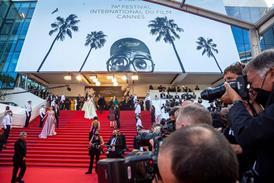
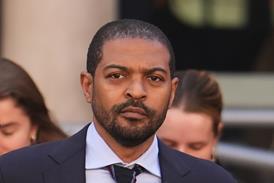
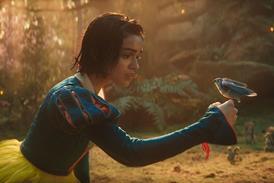
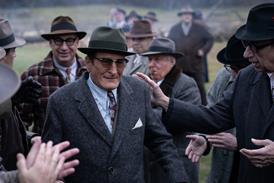



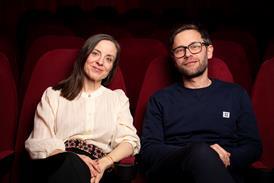




















No comments yet